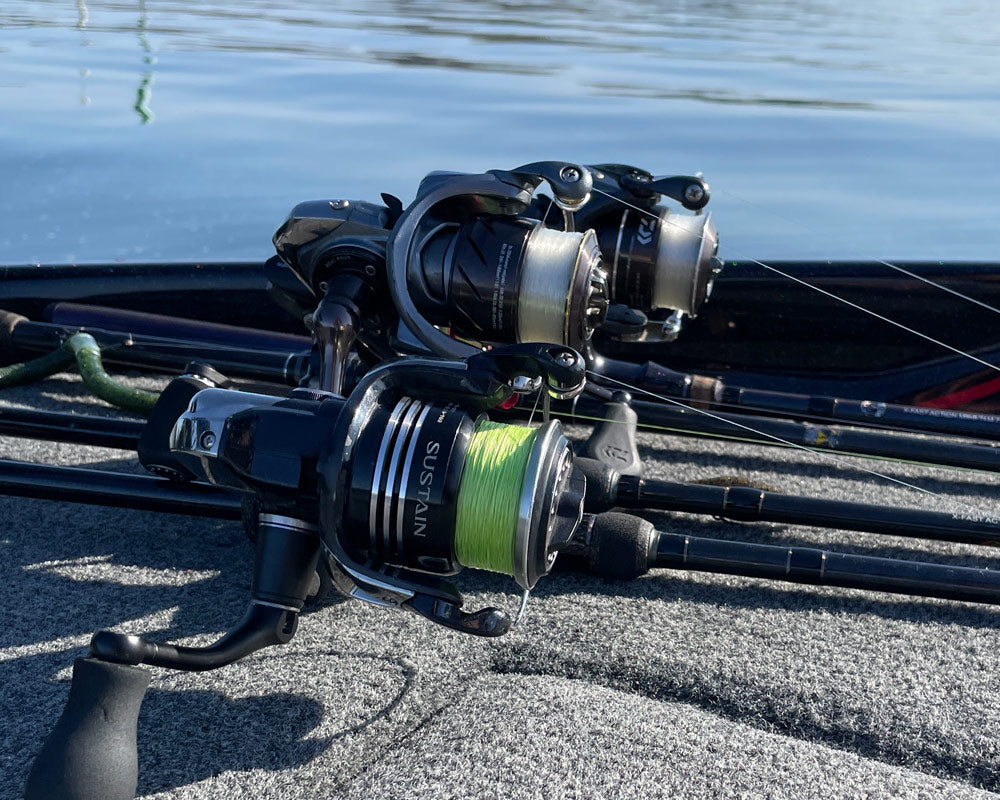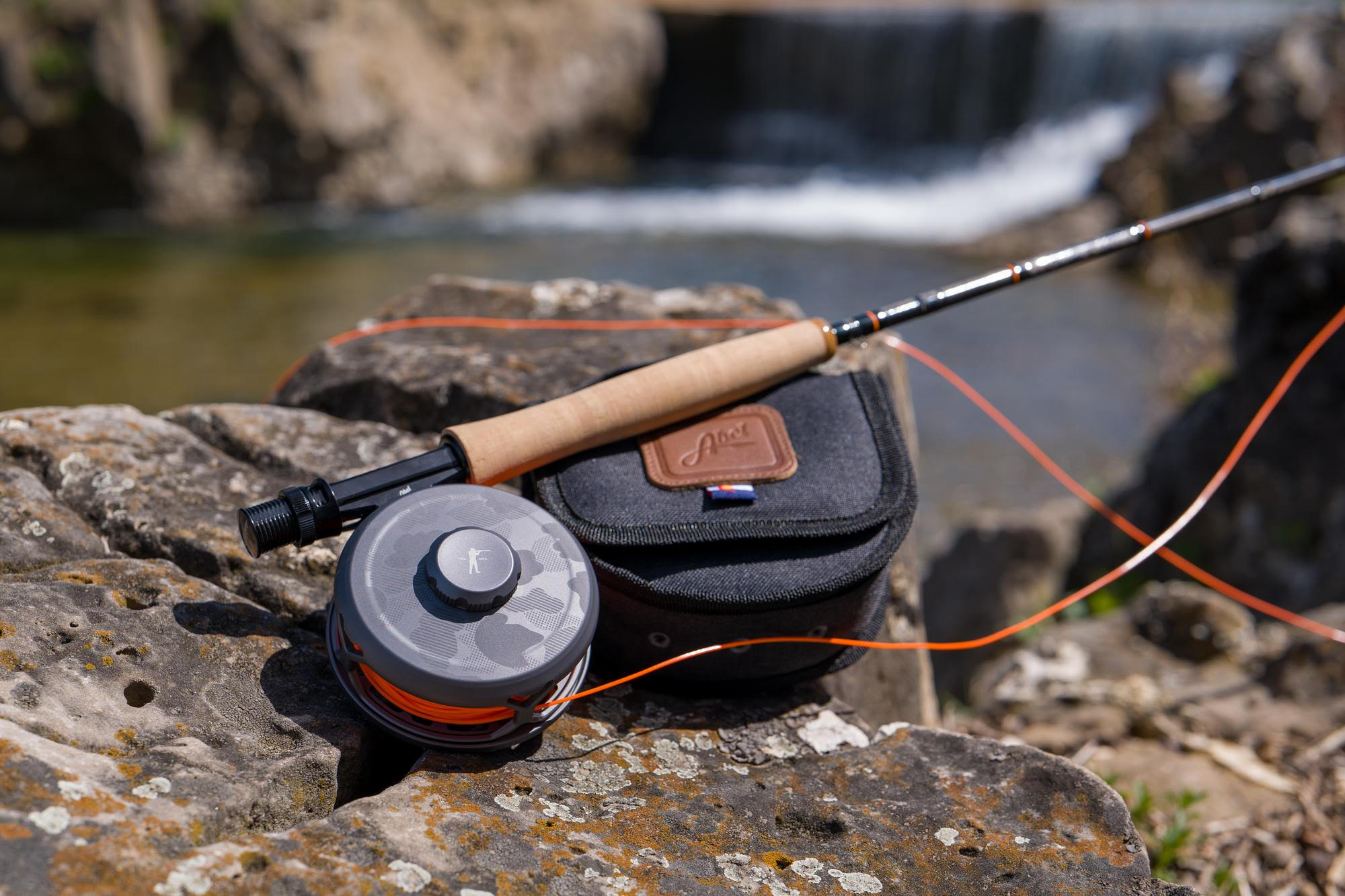Federal Legislation Introduced to Mitigate Shark Depredation
New task force would focus on the complex issue of sharks increasingly consuming hooked fish before they can be landed
Alexandria, VA – June 13, 2023 – On Monday, June 12, 2023, U.S. Representatives Rob Wittman (R-Va.), Darren Soto (D-Fla.), Garret Graves (R-La.) and Marc Veasey (D-Tex.) introduced the Supporting the Health of Aquatic systems through Research, Knowledge and Enhanced Dialogue (SHARKED) Act in the U.S. House of Representatives. The legislation will start to address the increasing challenge of shark depredation, which occurs when a shark eats or damages a hooked fish before an angler can reel in their catch.
In general, the possibility of depredation occurring is accepted as a natural part of fishing. However, in recent years the frequency of shark depredation has increased rapidly in many parts of the country, especially along the Atlantic coast, the southeastern United States and the western Pacific. The causes are generally recognized to be increasing fishing activity, increasing shark abundance and depredation becoming a more frequently learned behavior.
If enacted, the bill would establish a task force comprised of fisheries managers and shark experts responsible for improving coordination and communication across the fisheries management community on shark depredation and identifying research priorities and funding opportunities. The bill would be the first step towards mitigating shark depredation nationally and building foundational knowledge that can be used to improve future management, education and research actions.
“Sharks are a vital part of our ocean ecosystems, but in many parts of the country shark depredation is becoming an increasing problem that is not just an inconvenience, but rather is completely disrupting fishing,” said ASA Vice President of Government Affairs Mike Leonard. “These conflicts are bad for fish, fishermen and sharks. This is a complex and multifaceted challenge that requires a dedicated task force to bring overdue attention to the issue.”
“As a lifelong fisherman, I’ve experienced firsthand the impacts of shark depredation and have witnessed its effect on our marine ecosystem,” said Congressman Wittman. “I introduced the SHARKED Act to improve the environment of our marine life and sportfishing conditions for anglers while protecting sharks from unsafe conditions and food sources. The SHARKED Act will also serve as the first major step in addressing shark depredation nationwide. I’m proud to have my colleagues on both sides of the aisle join me in this important effort and lead the way for restoring our marine ecosystem and improving fishing experiences for anglers.”
“We must act now to help recreational anglers and commercial fishermen across Florida and the U.S. who are reporting an increase in shark depredation — a phenomenon that negatively impacts fishing experiences, threatens the safety of sharks and humans, and hurts the sustainability of targeted fish populations,” Congressman Soto said. “That is why I am proud to co-introduce the Supporting the Health of Aquatic Systems through Research Knowledge and Enhanced Dialogue Act (SHARKED) Act, a bill that will direct the Department of Commerce to establish a task force to combat shark depredation and help Florida fishermen while protecting the future of the fishing industry and our marine ecosystems.”
“It’s becoming way too common for Louisiana’s anglers to reel in a hooked red snapper only to realize it’s been chomped in half by sharks. We already pay too much in taxes – the tax collector taking more off the top is salt in the wound,”Congressman Graves said. “The SHARKED Act will bring in experts to better understand these populations and unusual animal behaviors and help us keep more of our catch.”
“For as long as people have been fishing the oceans, fishermen have had to deal with sharks taking their catch,” said Guy Harvey, Ph.D., world-renowned artist, conservationist and Chairman Emeritus of the Guy Harvey Foundation. “As the U.S. has done a relatively good job of managing local shark populations, recreational anglers are reporting increased rates of shark depredation. However, fisheries managers lack the information needed to determine the best course of action. The SHARKED Act will bring experts together to help properly address the shark depredation issue.”
A letter of support signed by 15 leading sportfishing and fisheries conservation and science organizations can be found here. More information on ASA’s shark depredation position can be found here. The bill text can be found here.






